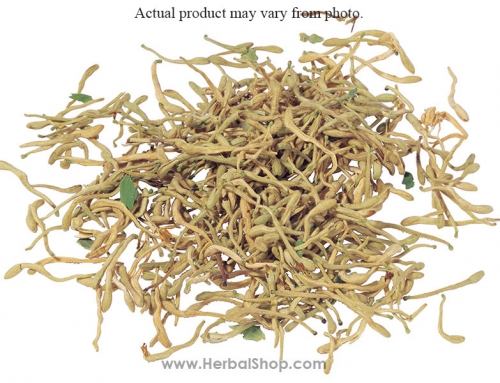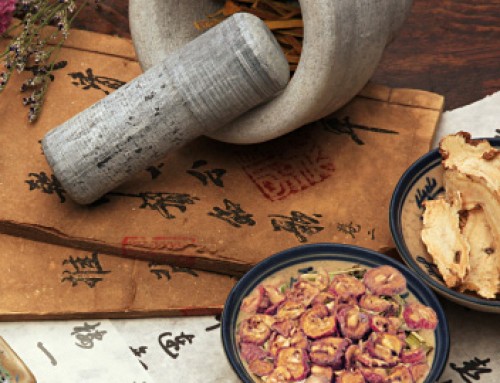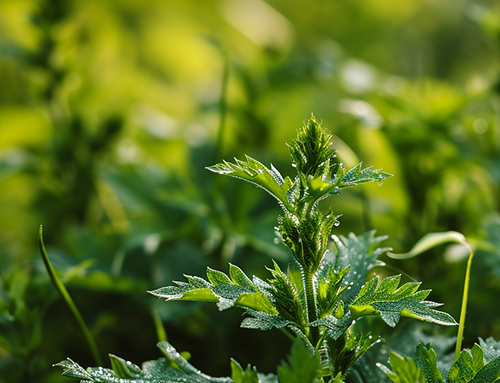扁豆
Hyacinth bean (Biandou)
Pharmaceutical Name: Semen Dolichoris
Botanical Name: Dolichos lablab L.
Common Name: Dolichos seed, Hyacinth bean, Egyptian kidney bean
Source of Earliest Record: Mingyi Bielu
Part Used: The ripe seeds are gathered in autumn and then dried in the sun.
Natural Properties & Taste: Sweet and slightly warm
Meridians: Spleen and stomach
Therapeutic Effects:
To strengthen the spleen and transform dampness.
Indications:
1. Deficient spleen not transforming and transporting water manifested as lassitude, poor appetite, loose stool or diarrhea, or leukorrhea due to downward flowing of turbid dampness. Hyacinth bean (Biandou) is used with Ginseng (Renshen), White atractylodes (Baizhu) and Poria (Fuling) in the formula Shen Ling Baizhu San.
2. Disharmony of the spleen and stomach due to invasion from exogenous pathogenic summer-damp-heat manifested as vomiting and diarrhea. Hyacinth bean (Biandou) is used with Elsholtzia (Xiangru) and Magnolia bark (Houpo) in the formula Xiangru San.
Dosage: 10-20 g
Cautions & Contraindications: The raw herb is used for relieving summer-heat, the fried herb for strengthening the spleen and stopping diarrhea.






